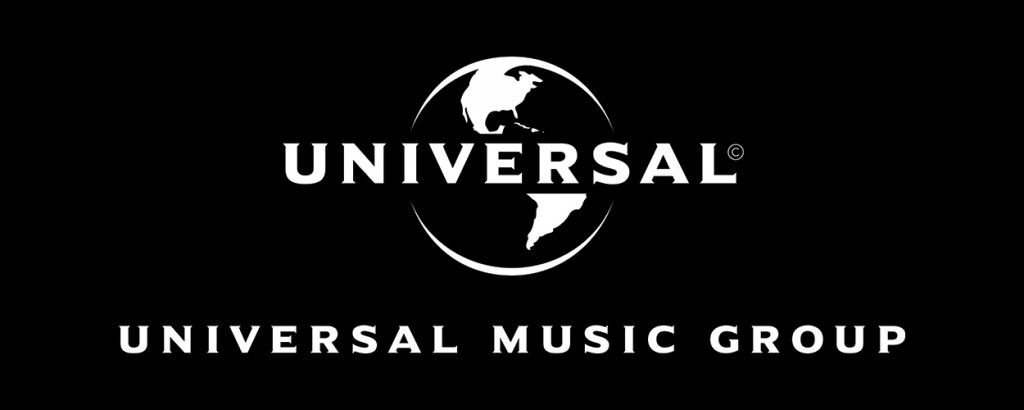This website uses cookies so that we can provide you with the best user experience possible. Cookie information is stored in your browser and performs functions such as recognising you when you return to our website and helping our team to understand which sections of the website you find most interesting and useful.
CMU Digest
CMU Digest 26.07.21: Universal Music, Gymshark, Sex Pistols, European Commission, Sony Music Publishing
By Chris Cooke | Published on Monday 26 July 2021

The key stories from the last week in the music business…
A big deal to buy 10% of the Universal Music Group fell through, although the hedge fund manager who orchestrated the transaction plans to acquire shares in the music major via another investment vehicle instead. Pershing Square Tontine Holdings Ltd – a ‘special purpose acquisition vehicle’ led by Bill Ackman – was set to acquire 10% of UMG ahead of its listing on the Dutch stock exchange later this year. However, a SPAC – a company without active operations that raises money on a stock exchange to fund acquisitions – would usually buy a business outright. Ackman conceded that his proposal to buy a slice of Universal Music via his SPAC had caused some concern with US regulators. As a result, that deal is off, but Ackman will instead buy into Universal via his Pershing Square hedge fund. [READ MORE]
Sony Music sued Gymshark over music used in the sportswear brand‘s social media videos. The major said that Gymshark had primarily built its business through social media marketing, creating and uploading promotional videos to various platforms. Many of those videos include famous recordings from famous artists but, it alleges, that music has not been properly licensed by the fitness firm. Although the social media platforms used by Gymshark – like Facebook and TikTok – have their own licensing deals with the music industry, they generally only cover user-generated content, not videos uploaded by brands. Sony is seeking statutory damages of $150,000 for every Gymshark video that featured one of its recordings. [READ MORE]
The Sex Pistols were back in the UK High Court. John Lydon is blocking the use of the band’s music in a new TV series based on the memoir of his former bandmate Steve Jones. But Jones and fellow Sex Pistol Paul Cook argue that, under a 1988 agreement, a sync deal can be issued if a majority of the band’s members agree, and Lydon therefore has no veto. Lydon told the court last week that he didn’t remember signing that agreement, that legal documents terrify him, and that the band has always sought unanimous approval for licensing deals in the past. Cook admitted that the rest of the band had never relied on the 1988 agreement before, in fear of angering Lydon, but he and Jones insist that that agreement is nevertheless in force. [READ MORE]
The European Commission announced a study into the impact of an EU court ruling relating to an Irish royalties dispute. The dispute centres on whether US-based artists should receive royalties from the Irish collective licensing system when their recordings are played in public or on AM/FM radio within Ireland, even though Irish artists don’t receive royalties when their tracks are played that way in the US. That’s because of a quirk of US copyright law which says that artists and labels aren’t due any royalties at all when music is played in public or broadcast on terrestrial radio. Because of that limitation, in some countries – including Ireland – royalties collected from public performance and broadcast are not shared with the US music community. But the EU court recently said that that approach breached European law. Some argue that is an incorrect interpretation of the relevant European directive, and hope that the new EC study will propose amending said directive to clarify the situation. [READ MORE]
Sony Music Publishing announced that it would start paying through royalties to songwriters on pre-2000 publishing deals, even if those writers haven’t recouped any pre-2000 advances. The new policy replicates a recent commitment made by the Sony Music record company. Because writers receive a majority of any income generated by their songs under publishing deals – and generally have fewer upfront costs to recoup – applying this policy to publishing deals isn’t as significant as the decision to apply it to record deals. However, it is nevertheless part of Sony’s wider efforts to show that it is treating more fairly those artists and songwriters who signed their record and publishing deals with the company decades ago, when deal terms were generally less generous to music-makers. [READ MORE]





